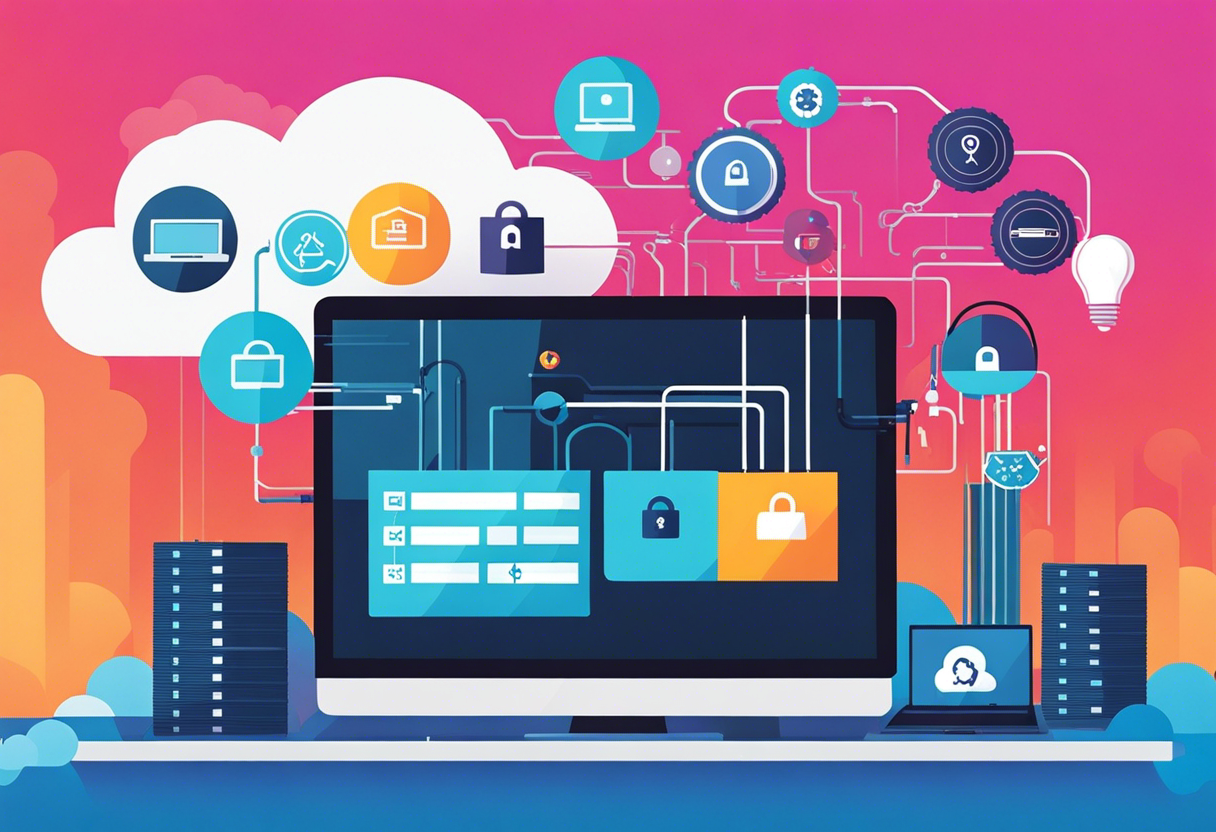Fortifying Small Businesses: Top Three Cyber Security Strategies in Focus
The journey to fortifying a small business against cyber threats starts from within. The most formidable firewall or the most sophisticated encryption protocols won't help if your employees click on malicious links or use weak passwords. Therefore, fostering a strong culture of cybersecurity in your workplace is your first line of defense.
This culture begins with proper and continuous training. Employees need to understand the importance of cybersecurity, the types of threats, and how their actions can mitigate risks. To keep this awareness fresh, regular reminders or updates about cyber threats and safety practices are vital.
Simulated phishing exercises can also be instrumental in educating your staff. By experiencing firsthand how a cyber-attack can unfold, your staff will likely be more cautious with suspicious emails or requests.
Benchmarking the organization's cybersecurity maturity against industry standards, like the National Institute of Standards and Technology (NIST) Cybersecurity Framework, is another useful strategy. This self-assessment can uncover weaknesses in the company's defenses and provide guidance on the path to improvement.
Securing the Tech Infrastructure

The next step in protecting your small business is securing the technical infrastructure. This can be achieved through several strategies.
Firstly, businesses should ensure that they have secure broadband connections. More than ever, today's businesses depend on internet connections. If these connections are not secure, they serve as open doors for cybercriminals to infiltrate your systems.
Keeping software and hardware up to date is also critical. As new vulnerabilities are discovered, software and hardware manufacturers issue updates to fix them. Neglecting these updates leaves your systems exposed to known threats.
Implementing access control is another important measure. Not every employee needs access to all company data. By limiting access to sensitive data, you can minimize the potential damage of an attack.
Lastly, businesses should encrypt data, especially sensitive customer data. If a breach does occur, the encryption makes the stolen data useless to the cybercriminals.